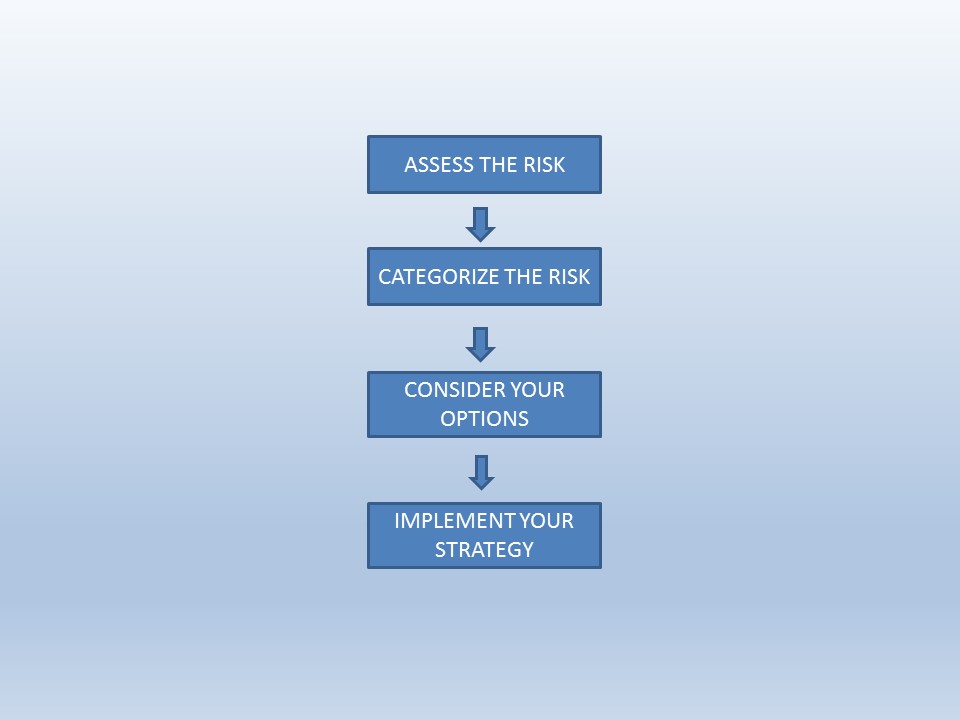The 7 skills of a good Human Resource Manager

In the book The Essential HR Handbook: A Quick and Handy Resource for Any Manager or HR Professional, authors Sharon Armstrong and Barbara Mitchell say that nowadays, a “worthy mantra” for all managers and talent development professionals alike is: “It’s all about the people”.
Managers plays an important role in an organization’s development and evolution.
Every respectful company has a manager in each department; furthermore, every human resource department must have a human resource manager.
In this day and age, it is not enough for human resource managers to be just effective administrators. Among the skills that every manager must have, a Talent Leader should come equipped with a knack for novelty in order to nurture and develop talent and leadership so as to improve the overall performance within the organization.
Over the past years, Human Resource management has experienced major growth, defining itself as a professional area of expertise; this shift occurred chiefly due to company changes.
What are the required skills?
Never stop learning
At the moment, to be proficient in everything you do is highly recommended. To invest in yourself, to develop your skills and to never stop learning – these are all necessary steps a human resource manager has to undertake in order to increase his or her knowledge of the human resource field in general and will ultimately help you understand your team, whilst ensuring you have the tools to manage and prevent any situations that may come your way.
Effective communication
HR managers have to communicate up and down the company ladder, from CEO and managers to the fresh rookie at the office desk or the factory floor worker.
The most important communications skill a talent development professional should have is the ability to listen with empathy. More often than not, human resource employees have to deal with people experiencing job-related problems or simply going through the motions back at home.
As such, the management part of HRM comes into play: having to assert each and every situation and attempt to solve it. an important aspect is the trust that a human resource manager should offer through his communication.
Effective communication means on one hand, being able to write clearly, in order to easily convey the policies and procedures within the organization, and on the other hand, being able to verbally communicate effectively, enabling you to motivate employees and making them understand that it was their work which lead to better organizational results.
Organizational skills
In every area of expertise, being organized is key. Consequentially, a human resource manager must be methodical and have a logical and systemic approach to his/her work; on top of these, one must add in time-management and multitasking.
Being organized allows managers to increase their personal performance and productivity.
Courage
The ability to show courage is imperious in this profession. It is not always about motivating and encouraging people; sometimes, we have to be the bearers of bad news, accept and offer criticism and confront a negative situation head-on.
Human resource management should stand up and say the right thing, even in the most adverse of situations.
One must remember we are born with instincts, but Courage is learnt.
Negotiation
The role a human resource manager plays in the negotiation process is to find an acceptable middle ground between two or more opposing views.
Effective negotiators must have the ability to analyze a given situation in order to identify the interests of each party in the negotiation.
Conflict management and problem-solving
Not everyone has the ability to get along with the people around them. When individuals are grouped up as a team, conflict can easily arise. This is why every organization should have a HR manager with a knack for problem-solving.
When confronted with a specific situation, the first step is to identify the problem. Once the problem is identified, the next step is to generate, evaluate and choose the correct alternatives, with the last thing being an implementation of the preferred solution.
Risk management
To be a profficient HR manager, you need to be aware of the risk facing your organization and act accordingly, by planning ahead in order to mitigate any damage that may come your company’s way.
The process beyond risk management is as follows:

As a conclusion, to be an effective HR manager, you have to keep learning, improving and developing your abilities.
Image source: Pixabay

Tags: HR professionals, Human Resources performance





